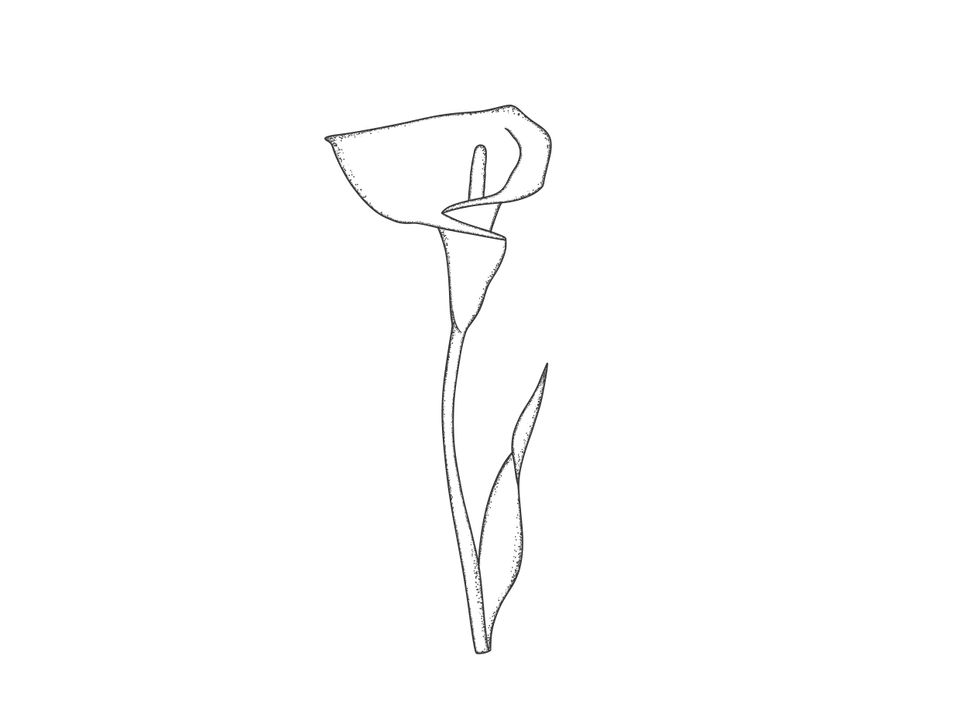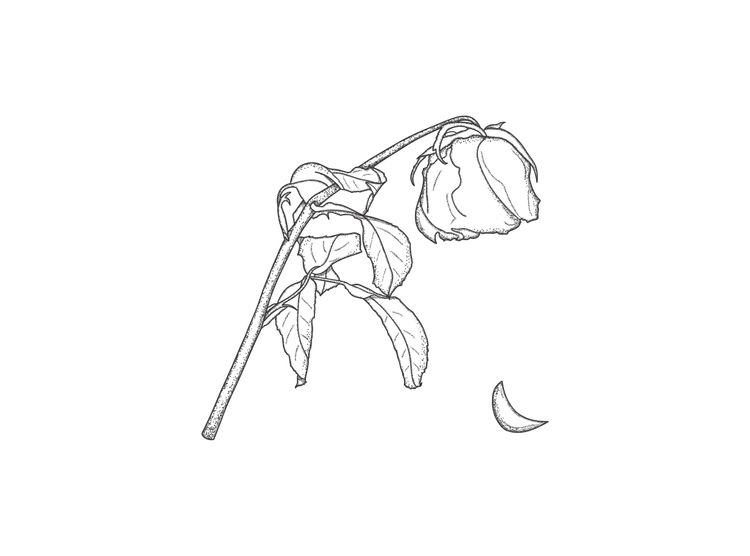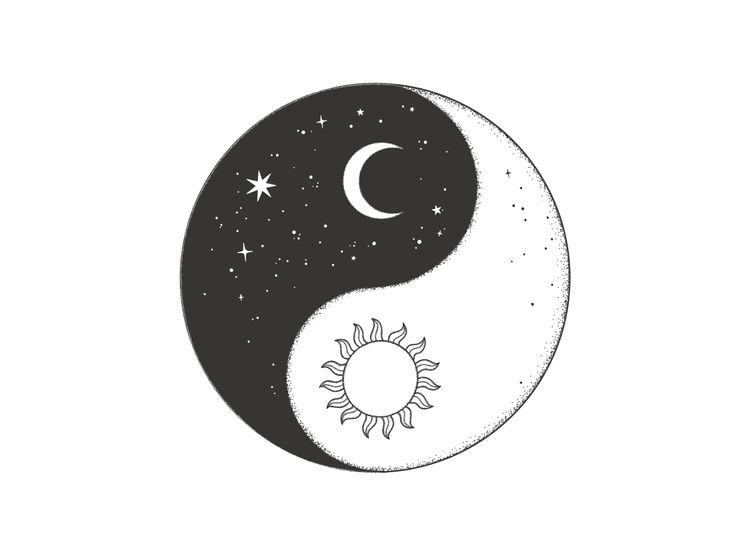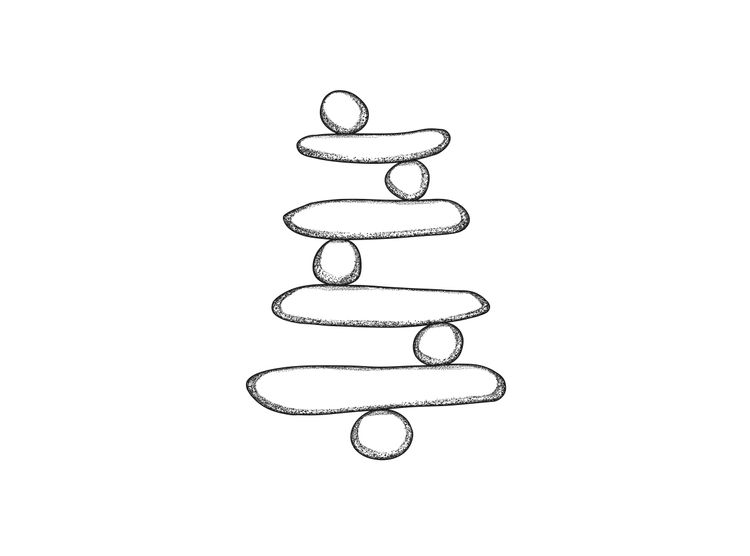Words

Beyond the map there is
The territory itself—
The mountainside,
The yellow grass of fall
And you.
Beyond the words for trees there are
The trees themselves—
The broken pines that hold bent vigil
At meadow's edge,
Anticipating loss.
Beyond the name for you is
You yourself—
A universe of sorrow,
Or so it seems to me, for I can only
Apprehend your pain.
Beyond the word for love is
Love itself,
That overwhelms my heart
And fills my eyes
And joins us in our suffering.
I love words. I love to feel the shape and weight of them when I speak them to myself, or to others. I love the rhythms they make when I put them together—the natural iambic rhythms of the English language, and the variations that add interest and draw attention. I love old words—the words that came from the Norsemen, Jutes and Saxons who came to Britain more than 1,000 years ago, words spoken and heard so many times that life has worn them smooth and plain.
I am grateful to words. They have given me my livelihood. They have strengthened my sense of agency—that what I say and write can and does have impact on people and on my environment. Writing helps me untangle things, sort through them, see them more clearly, think more clearly, with more precision.
I love to feel into words—to see what sort of a charge they hold for me, what they might reveal about how I am seeing the world right now, how I am relating to it, what I might need for myself. I find solace in words. We share them. They connect me, however imperfectly, to the larger human story. They make me feel that we are all outside the same house looking in, just through different windows.
I have also begun to see and feel that words can lead me away from where I need to be—into the maze in my head and away from contact with my heart and lungs and gut. I can use words to shield myself, to pretend to myself that talking about love or pain or loss is love or pain or loss, or somehow addresses those emotions in me. I can use words to hide from pain, to avoid feeling, to stay in the painless, but sterile and disembodied world of my intellect.
The Ex-Poet
Timber floats in the water. The trees
Arch over, it is green there, the shadow.
A child is walking on the meadow.
There is a sawmill, through the window.
I knew a poet once who came to this:
Love has not gone, only the words of love,
He said. The words have gone
Which would have painted that ship
Colors red lead never took
In sunsets livid at the Cape.
I said it was a good thing too.
He smiled and said: Someday
I shall have left this place as words left me.
Malcolm Lowry, Saturday Review, 1962
As it turns out, the three-day retreat I attended last weekend was not wholly silent. We held silence while eating, and for periods of the day. We were also encouraged to hold silence for the remainder of the time. I didn't speak much outside of the Dharma sharing we did every day.
The shy part of me was grateful for the silence. I didn't have to speak to all those people, trying to be interesting or funny or engaging or earnest or spiritual or humble or anything other than exactly who or what I was actually being, from moment to moment. And it really did help me to quiet my thoughts and tune into the deeper parts of myself held inside my body and my emotions.
When we shared in our Dharma groups, we spoke about some of the most difficult things humans have to deal with—addiction, loss, abuse, rejection, suicide. We spoke into the silence, and to each other. Together, alone. Alone, together.
Each week I explore a life metaphor that has touched me in my coaching. Subscribe to get my newsletter every Sunday morning. You can also follow me on Medium, or on LinkedIn. Feel free to forward this to a friend, colleague, or loved one, or anyone you think might benefit from reading it.





